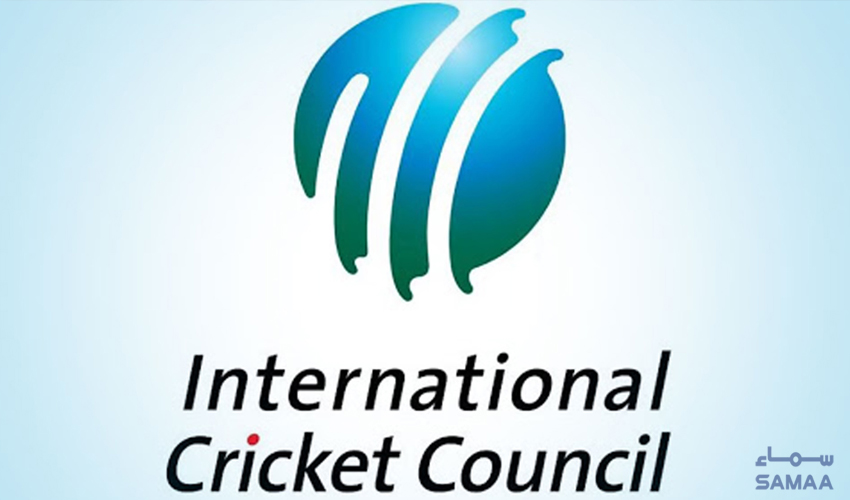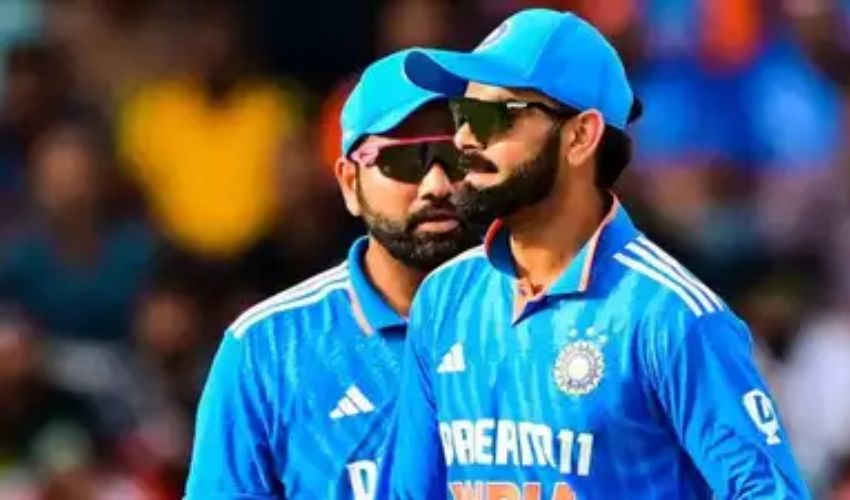The International Cricket Council (ICC) made a historic move by introducing new rules for gender eligibility in international women’s cricket, a ground-breaking policy shift. Regardless of gender reassignment procedures or therapies, athletes who have gone through any kind of male puberty are prohibited from competing under this judgment.
The action is intended to give the women's game's integrity and safety first priority. The ICC claims that the policy change came about as a result of a lengthy, nine-month consultation process with a range of cricket stakeholders.
Similar decisions made by regulatory organizations in other sports, such as track and field, cycling, swimming, and rugby, are reflected in this policy change. Cricket is now in compliance with international sports standards as it complies with the International Olympic Committee's (IOC) requirements for admission in the 2028 Olympics.
The ICC has established a standard, stating that athletes must fulfill particular eligibility requirements pertaining to testosterone levels and puberty in order to participate in international women's cricket. Although these rules pertain to international cricket, each Member Board retains authority over how gender eligibility is managed at the national level.
The ICC Chief Executive, Geoff Allardice, stressed that the decision was based on extensive discussions and scientific research, giving player safety top priority while maintaining the integrity of the game.
The Chief Executives' Committee (CEC) of the ICC also approved a strategy to hasten the advancement of women match officials, which includes paying female umpires equally to their male counterparts and assigning one neutral umpire to each ICC Women's Championship series starting in January of next year.
This historic ruling addresses the many facets of gender identification in athletics while reflecting the global movement for inclusiveness and equality in sports.



























